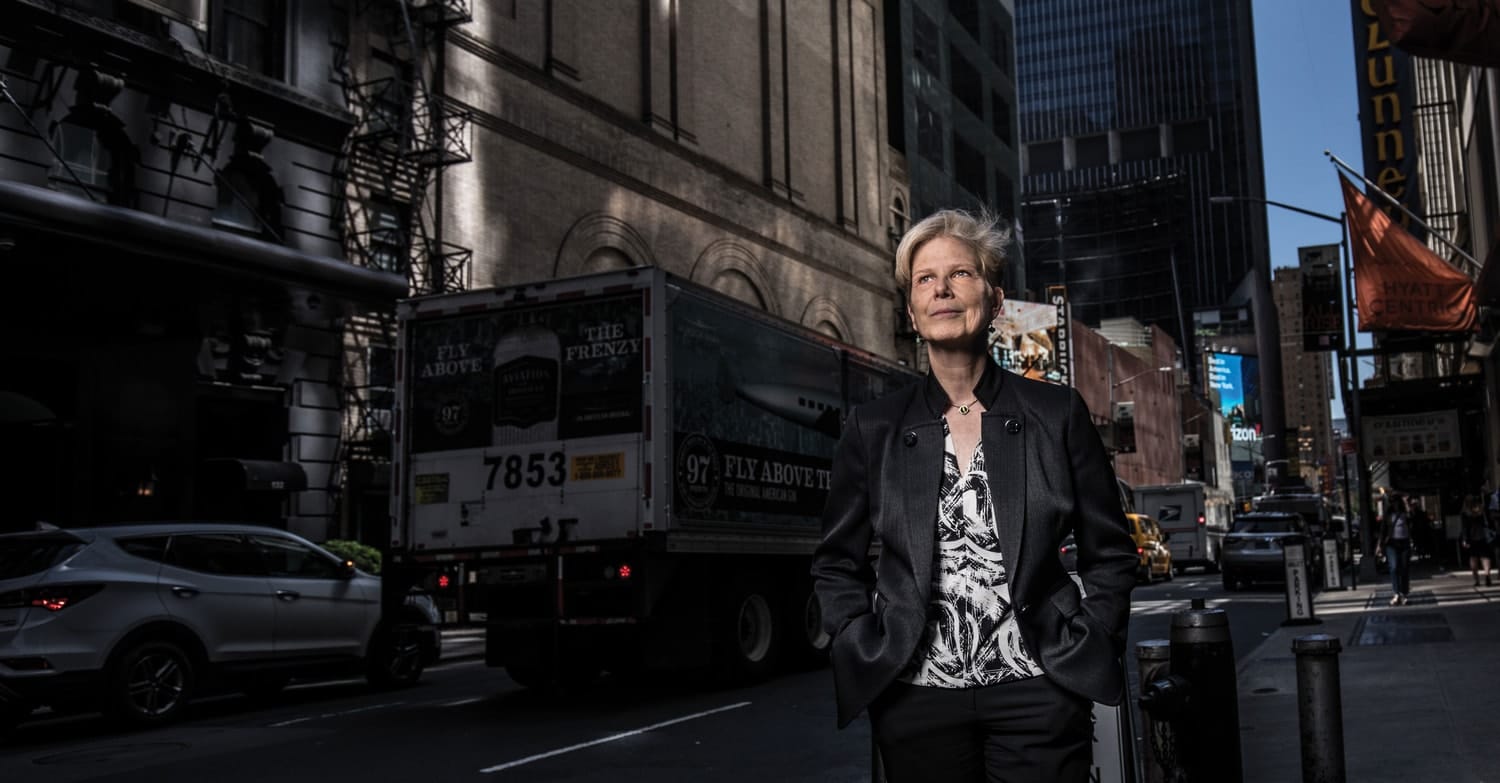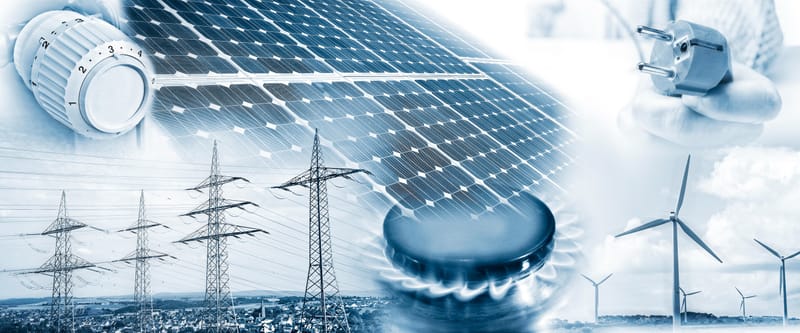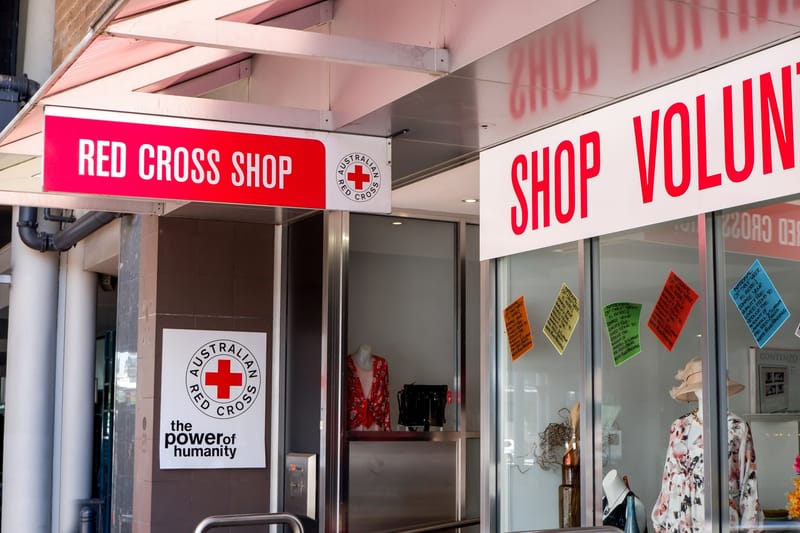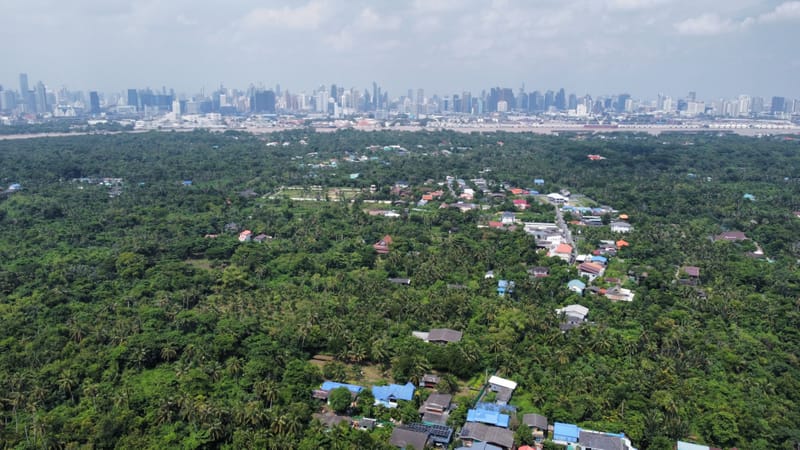
During her first big client meeting in the boardroom of a leading Melbourne corporate law firm, Caroline Angoorly’s boss turned to her and said: “Pour the coffee, will you, Caroline.”
That was some 30 years ago. Since then, the Monash graduate has carved an illustrious career in the male-dominated worlds of international corporate law, finance and the energy industry. Now chief operating officer of NY Green Bank, she notes wryly: “Nobody has asked me to pour coffee in a very long time.”
Angoorly’s working life has included top-ranking executive roles with investment bank JP Morgan and US energy company NRG Energy. Based in the US, Singapore and Hong Kong
for periods, she’s also worked extensively in Europe and Latin America.
Pivoting from law into business in the mid-2000s, but remaining focused on the energy industry and markets, Angoorly says she draws “every day, in every way” on the knowledge, skills and experience acquired during her undergraduate studies – an unorthodox combination of geology and law bachelor degrees.
“Even though I’ve now gone down a business path … there’s something about the legal way of clear thinking and analysis which is really similar to scientific thinking and methodology,”
she says. “Also, because of that geology degree, I have some understanding of, and ability to read, technical documents.”
At Monash, she says, “it all came together” for her. “It was like, wow, I’ve found my place – it’s geared the right way, the subject matter’s right for me, the environment’s right for me.”
When she joined her first law firm, Blake Dawson Waldron (now Ashurst), she was placed in the company’s banking and finance group. There, she learnt about developing and financing large infrastructure energy resources projects, and, as she says, “the die was cast”.
“I got a flavour for this particular kind of project financing and I loved it. It’s like a big jigsaw puzzle, where you’ve got to put everything together and make sure a project is constructed on time and on budget, and produces enough power or oil or gas to generate the revenue to pay operating costs and bank debt, and deliver a return on equity.
“These projects cost billions of dollars and often take many years to go from a blank sheet of paper to a power station or oil or gas platform. And this incredible interlocking puzzle has knock-on effects on every product we buy, on every aspect of life.”
Levers for change
Angoorly’s drive to not only put together that puzzle, but to ensure its basis is sound and its impact positive, inspired the globe-trotting career that’s led her to her current role.
In 2013, she was headhunted by New York State Governor Andrew Cuomo to help establish NY Green Bank with a billion dollars of state funding. Today, as COO, Angoorly works with private capital to encourage investment in clean energy technologies and sustainable infrastructure.
Part of a suite of ambitious initiatives geared towards achieving a 100 per cent-renewable electricity grid in New York by 2040, Green Bank has already provided US$737 million in loans, relating to 50-plus transactions.
These include Solar Mosaic, which now commands 14 per cent of the residential rooftop solar loan market in the US, and New York City’s bike-share system Citi Bike, which installed another 2000 bikes in low to moderate-income neighbourhoods.
Green Bank has also supported energy efficiency, community solar and wind ventures. It invests in projects that, she says, without it, might not be as significant, progress as quickly or commercially – or even happen at all. Of her own role, she says: “It’s public service and it’s very rewarding. Green Bank fills a real gap.”
While passionate about sustainability, she cautions: “It’s not the centre of the puzzle. It’s about the market substrate beneath that, the drivers of which are energy and transportation. If you understand those, you can better understand what strategic levers can change the way we do things.”
"The sustainability business attracts many women, notes Angoorly, who for much of her working life has been accustomed to “often being the only woman in the room with a lot of male engineers and business people.”
And Angoorly’s understanding runs deep. When posted to California by her first corporate law firm, she continued working on large energy resources projects – this time in more of a global context. She was then recruited by the global project finance group of US firm Milbank, spending six years as a senior attorney, and then as a partner based in Singapore and Hong Kong.
It was the 1990s and Asian countries were deregulating their power industries and encouraging foreign investment. During this time Angoorly worked in Taiwan, China, India, Thailand, Indonesia and Myanmar. Increasingly, though, she was attracted by the business and strategic aspects of the industry, and in 1999 she completed an MBA at the Melbourne Business School and New York’s Columbia Business School. In 2004 she quit law and became vice-president of environment and new business at NRG in the US.
New power to address climate change
At NRG, Angoorly developed strategies for the company to transition from fossil fuels into new power generation technologies. In her previous job, at the North American operation of Italian company Enel Green Power, her focus had already shifted to sustainable energy – a move she attributes not so much to ideological reasons as to serendipity combined with a keen interest in all aspects of the market.
“People are seeing that this is an opportunity to be commercially successful while also doing the thing we need to happen if we’re going to forestall climate disaster.”
In 2008, she moved to JP Morgan (“20 years into my career I finally joined Wall Street!”) to head its North American environmental markets business. Then, after starting her own energy and environmental consultancy, GreenTao, she began work at Green Bank.
She believes such institutions “make a very important contribution” to addressing climate change – “if you do it right and have the right political focus and support.”
Although action has stalled at the federal level in the US, she feels there’s sufficient momentum, particularly within the Climate Alliance (a bipartisan grouping of 23 states plus Puerto Rico) to give grounds for optimism. “We’re now at a point where there’s a confluence of commerciality and zeitgeist,” she says. “People are seeing that this is an opportunity to be commercially successful while also doing the thing we need to happen if we’re going to forestall climate disaster.”
In New York, her adopted city, she’s maintained her hometown connection, attending Monash alumni activities, and has also presented at professional development sessions for alumni in NYC. “There’s a strong group of alumni here, including some astonishing people in very senior positions.”
The sustainability business attracts many women, notes Angoorly, who for much of her working life has been accustomed to “often being the only woman in the room with a lot of male engineers and business people.”
Recently, at a meeting of senior state regulators, she noticed that out of a dozen or more people present, only one was a man. “It was awesome, but it took me from 1987 to 2019 to experience that.”





